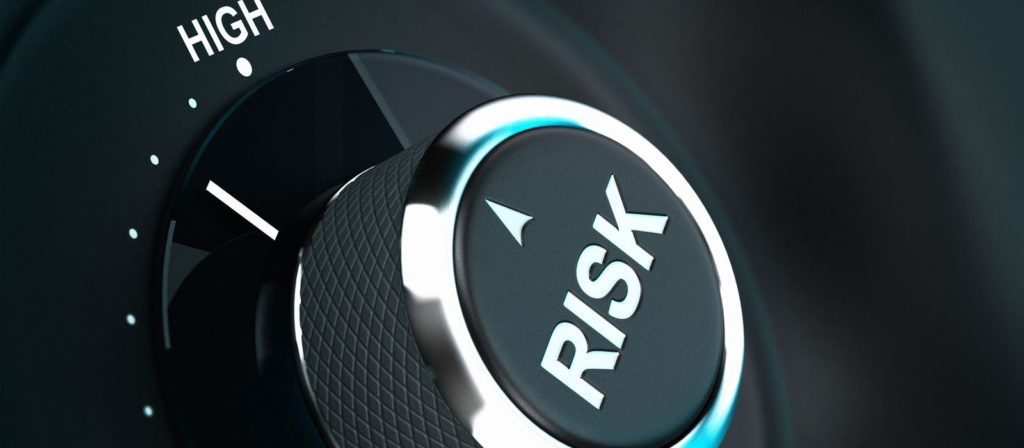A security risk assessment is much like a “to-do” list for correcting specific security problems within your network. With the assessment, you’ll have a report that shows yours organizations security, from the technology you use to the people behind it, as well as those who use your network. Not every risk assessment has every one of these benefits – some have more, some have less. The final report from any assessment will inform management about the current security posture and what needs to be done to mitigate risks. Here are a few things a risk assessment can do for you, that will in turn protect your business.
Plug Security Holes
Even the most highly guarded network can have an occasional security lapse, or hole in its infrastructure. A risk assessment can physically show them.
Justify Spending
Executives and budget planners want justification for spending. A risk assessment is a definitive statement about what needs to be done to improve or correct a security program. You can use a risk assessment report to calculate the cost of improving security and estimate the benefits — or ROI.
Review Purchases
A risk assessment gives you a close-up look inside your computing environment. You need to know what you’re defending and how valuable it is. The assessment could help you decide that a storage encryption system for protecting routine Word documents on an NT file server isn’t worth the expense. But, it also will show that buying database security tools to protect customer records and financial transactions on an SQL Server is a good investment.
Improve Planning
It is much cheaper to be proactive, than reactive. By identifying security problems before they’re exploited, through a risk assessment, you create an opportunity to significantly lower the cost of security. It’s much more expensive deal with security during a crisis or incident recovery.
A risk assessment will provide focused information about threats, how well you’re protected against those threats and what’s missing from your security program.
See the Big Picture
A risk assessment is much more than a scan of your network that generates a report. The technology, people and processes behind your security infrastructure are all examined.A comprehensive risk assessment will do all of the bits-and-bytes things you’d expect: scanning for vulnerabilities, checking system maintenance and security policy, reviewing logs, etc. Often, it also involves interviewing the people who use the network — everyone from the security manager to human resources, legal to auditing. These interviews will reveal your organization’s security awareness level, as well as recent incidents and problems.
Increase Motivation
Because someone outside of the organization typically performs the risk assessment, an enterprise’s security team, end users and others may become motivated because it verifies and validates their work to management. Equally, the risk assessment also communicates that staff members must be diligent and consistent with security-related matters. Without a risk assessment, end users may ignore current security policies. Performing a risk assessment shows workers that management is serious about information security, and that it expects workers to take security seriously, too.
Preempt surprises
There are some things you can’t defend against, no matter how many firewalls you erect. A layered security infrastructure will protect your company against 98 percent of the known threats, but there’s always the possibility of compromise through a zero-day exploit or some other vulnerability for which there’s no defense. A risk assessment allows you to quietly assess and catalog your security gaps so you can react appropriately in the event of a compromise.
Document Due Diligence
A risk assessment is a verification and validation of an organization’s adherence to best practices and compliance with government regulations. This assessment could be a key part in the unfortunate event that you are involved in a downstream liability lawsuit.
Keep your assessment private, and in the right hands. Anyone with malicious intent would love to get a hold of it!



